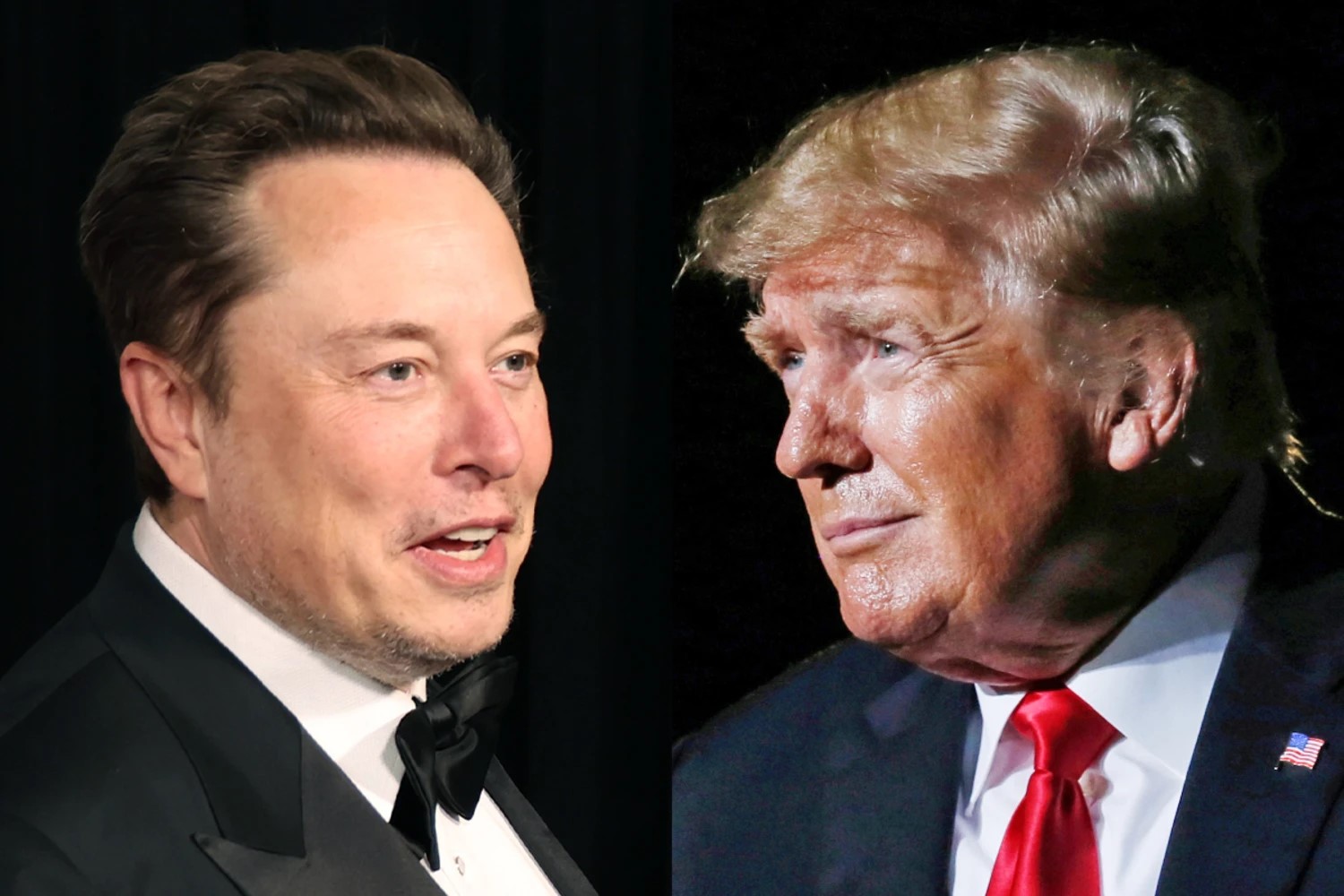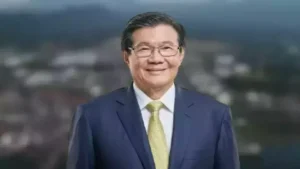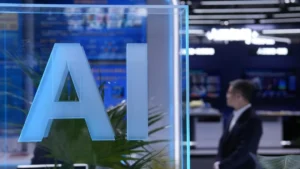New York — Elon Musk, the tech billionaire and owner of X (formerly Twitter), has once again come under scrutiny for his role in spreading disinformation in the lead-up to the 2024 U.S. presidential election. Over the past week, Musk has amplified several false claims ranging from an alleged bomb threat at a Trump rally to misleading statements about immigrants and fraudulent electoral predictions. His posts, seen by millions, are raising fresh concerns about the dangerous intersection of social media influence, misinformation, and political volatility.
The most notable recent incident occurred on Wednesday, when Musk reshared a fabricated report claiming that a bomb had been found near the location of a planned Trump rally in Long Island. Local authorities quickly dismissed the report, with police issuing a statement saying that the claims were “unfounded.” However, before the false information could be corrected, Musk’s post had already gone viral, accumulating more than 4.3 million views and nearly 10,000 shares within hours. Though the post was flagged with a community fact-check, the sheer speed and scale of its spread highlight the powerful role Musk plays in shaping online discourse.
Musk’s actions have not been limited to this isolated incident. Earlier in the week, he found himself at the center of controversy after sharing a now-deleted post regarding a supposed second assassination attempt on former President Donald Trump. In the post, Musk made a provocative statement: “no one is even trying to assassinate Biden/Kamala,” referring to President Joe Biden and Vice President Kamala Harris. While Musk later claimed that the post was meant as a joke, it was quickly seized upon by conspiracy theorists and stoked tensions in an already polarized political landscape.
Adding to the controversy, Musk shared a hoax affidavit falsely alleging that the recent ABC News debate was rigged to favor Vice President Harris. The document, full of errors, was quickly debunked by ABC, but not before Musk’s promotion of it helped it spread across social media. This incident underscores the broader problem with Musk’s unchecked amplification of conspiracy theories, particularly as he has significant sway over his nearly 200 million followers. His posts often rise to the top of the X algorithm, giving them unparalleled reach and visibility.
Musk has also used his platform to amplify inflammatory and misleading rhetoric about immigrants. In one widely circulated post, he reshared an edited video falsely claiming that Haitian immigrants in Springfield, Ohio, had been involved in harming pets. The video, taken out of context, showed a local resident at a city hearing mentioning unconfirmed rumors about animal harm, but city officials quickly denied any evidence supporting these claims. Despite this, Musk’s post racked up nearly 8 million views, further stoking anti-immigrant sentiment and echoing talking points from prominent right-wing figures, including Trump and JD Vance.
In addition to these instances, Musk shared a fake electoral map purporting to show Donald Trump on track for a commanding electoral victory in the 2024 election. The map, falsely attributed to well-known statistician Nate Silver, claimed that Trump would win 312 electoral votes. However, Silver later clarified that the map was fabricated, and his actual analysis showed the race as highly competitive. With several key battleground states undecided, Silver’s projections reflected a far closer contest, yet Musk’s misleading post fed into a narrative that Trump was poised for an easy victory.
Since acquiring Twitter in 2022 and rebranding it as X, Musk has drastically altered the platform’s approach to moderation. By gutting the moderation teams and eliminating the verified badge system, he has allowed disinformation to flourish. The platform’s new financial incentives for viral content have only exacerbated the problem, encouraging sensationalist posts with little regard for factual accuracy. Musk’s reinstatement of previously banned conspiracy theorists and the loosening of content policies have further emboldened far-right voices, making X a hotbed for disinformation.
Musk’s outsized influence on the platform has sparked concerns about the broader implications for the democratic process, particularly in the lead-up to a critical election. With nearly 200 million followers, his posts have unparalleled visibility and are often amplified by X’s algorithms, making them near-ubiquitous on users’ feeds. This, combined with his frequent attacks on mainstream media and journalists, creates a murky environment for voters seeking reliable information. The unchecked spread of misinformation on X could have profound consequences for public trust in the election process, especially as disinformation continues to distort the narrative in favor of fringe ideas. As the November election approaches, Musk’s role in promoting false narratives is likely to come under even greater scrutiny. The influence of powerful figures like Musk in shaping public discourse, especially through misleading or fabricated information, raises critical questions about the responsibility of social media platforms in safeguarding the integrity of elections.










